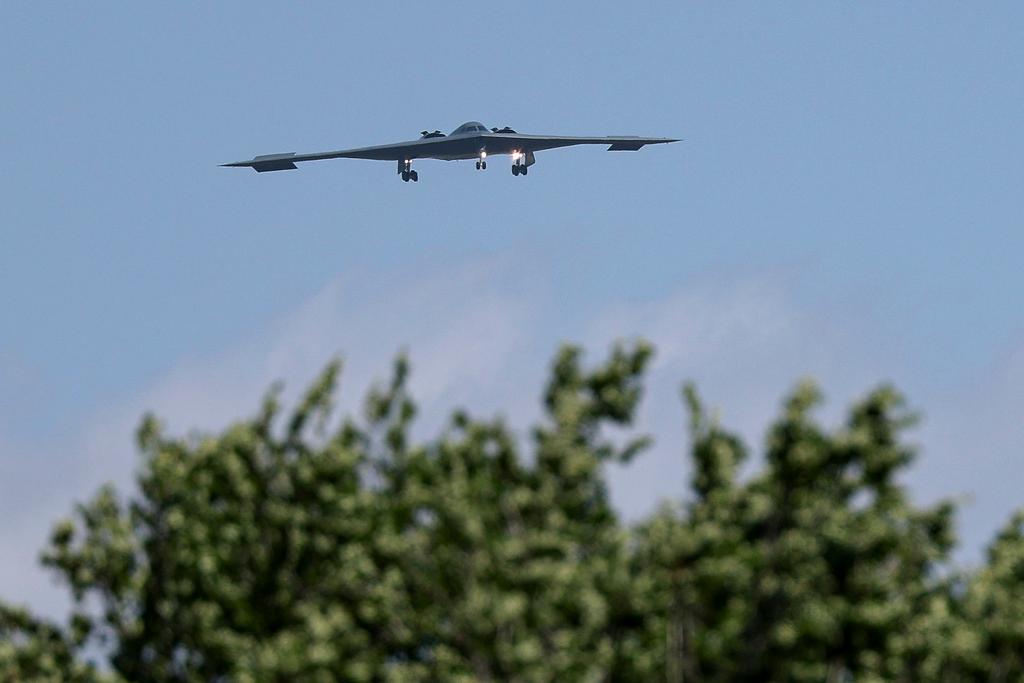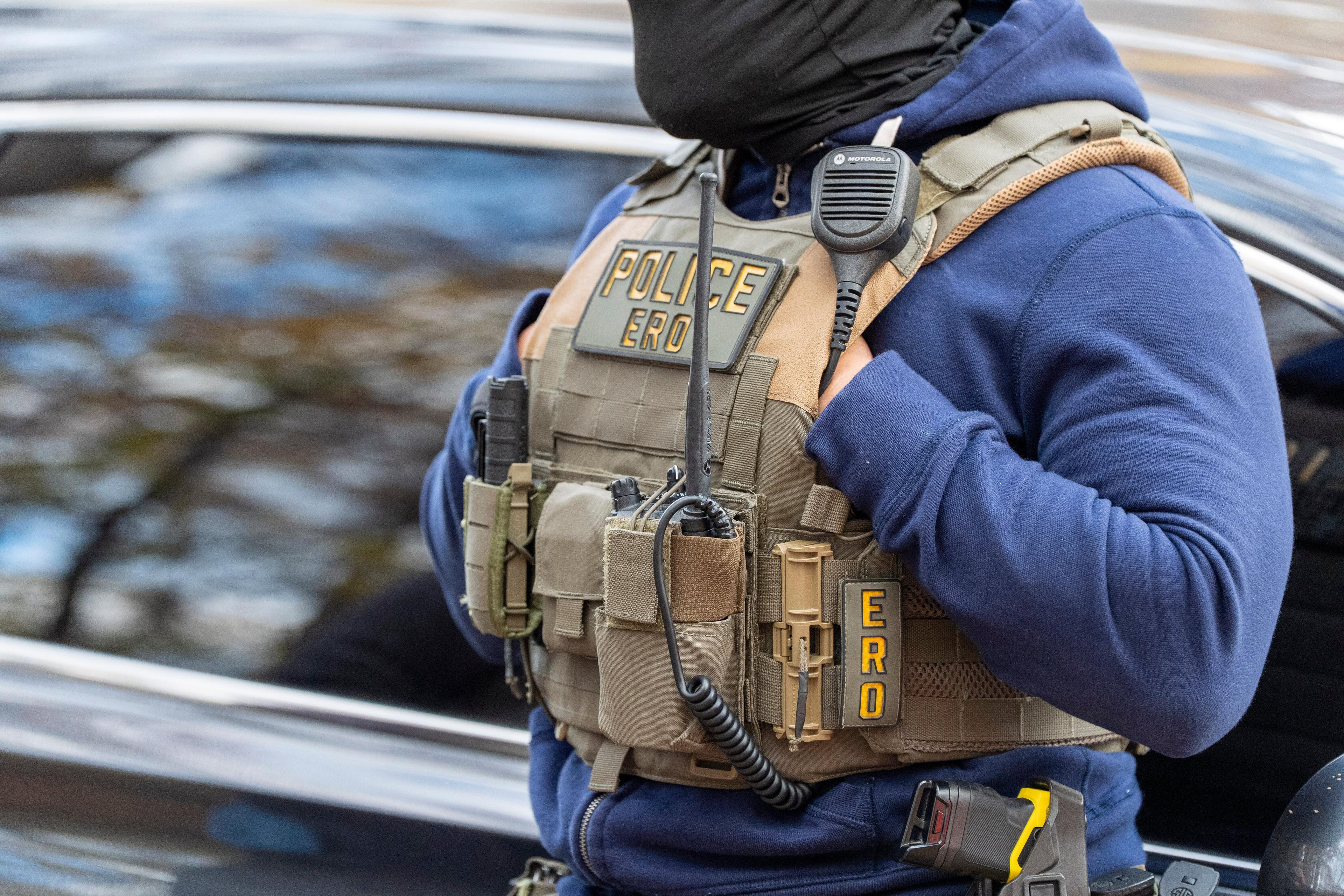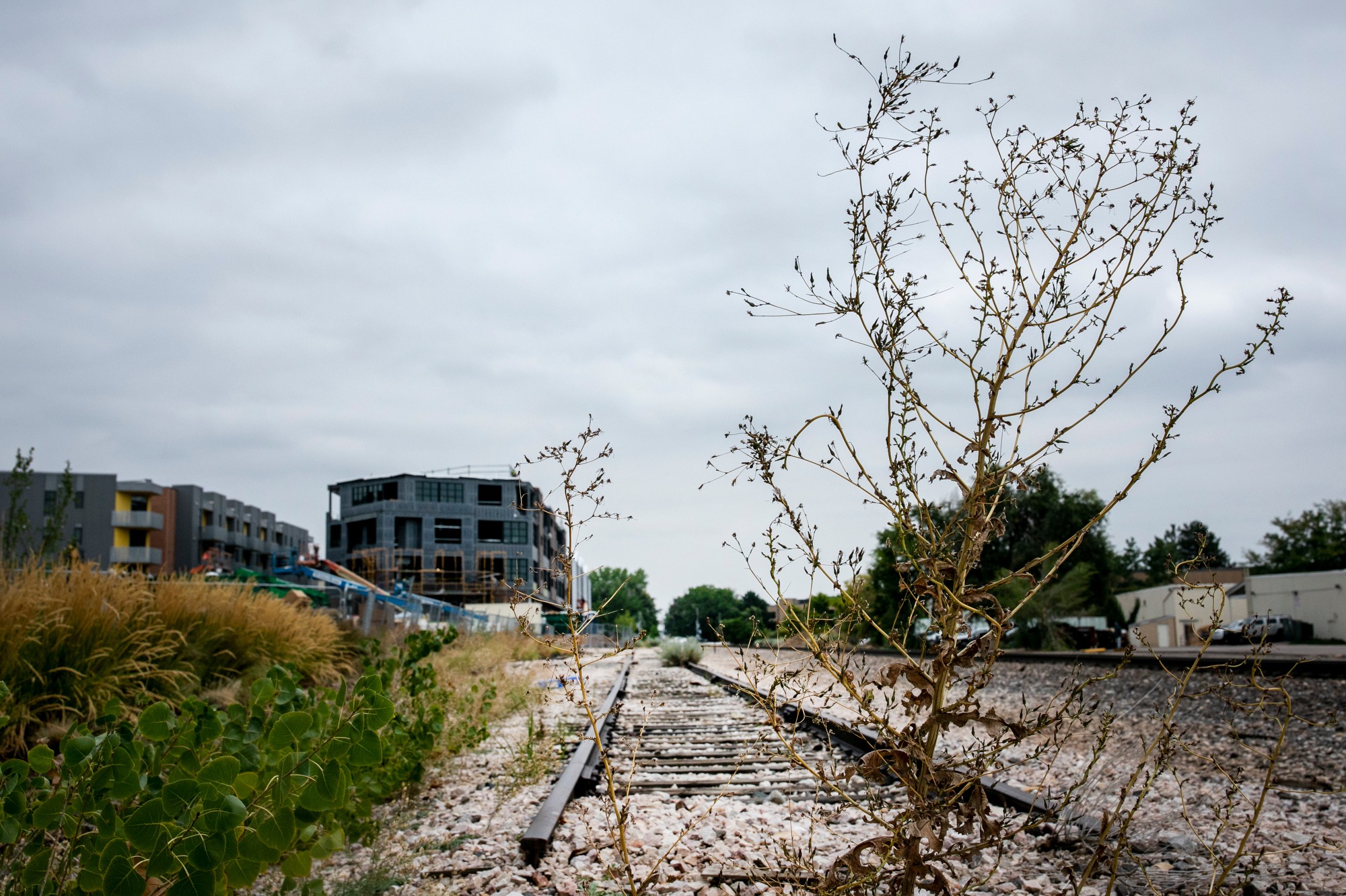
The United States bombed nuclear targets in Iran over the weekend in an act that one University of Denver professor said could be the beginning of a regional war.
Micheline Ishay, director of the Center for Middle East Studies, told Colorado Matters host Ryan Warner the United States’ actions mean the country is at war.
“It is perceived as a limited war. The Trump administration called it a mission accomplished and has invited the Iranian government to come back to the negotiating table, but that offer has not been reciprocated or accepted at this point,” Ishay said.
Ishay discussed what this means for Iran’s nuclear program, the possibility for expansion and how a policy decision from 2016 factors into the conflict. This interview was conducted hours before Iran retaliated by striking a U.S. air base in Qatar.
This interview has been edited for length and clarity.
Ryan Warner: The Pentagon says these nuclear sites are devastated. NPR quotes, "A watcher of Iran's program is saying there are some really important things that haven't been hit," so I suppose there are varying stories about just how profound these strikes were. First off, Professor, do you think we are safer?
Micheline Ishay: Well, today we are not safe because Israel has launched another attack against internal security headquarters in Iran, namely the Evin Prison (also known as the infamous “Bastille Prison” in Iran), infamous because it's holding a lot of prisoners and dissidents. It's also hit, today, a variety of international security headquarters, the Basij, the Iranian Revolutionary Guard. And so that is an opening to doing more than just neutralize the nuclear programs of the Iranian (government), but also to signal the possibility for regime change.
Warner: Regime change, which is a term I'm hearing now more of from the administration in the U.S. Israel is certainly at war. Is the U.S. at war?
Ishay: Well, yes, the United States is at war. It sent, as we know, B-2 (bombers) just a day or so ago in order to neutralize Fordo, which is the main mountain in which a nuclear program has been buried deep down underground. And so it bombed that program. We believe that it's actually damaged it quite a lot. It also sort of decimated, but we are not quite sure if it's completely obliterated, Natanz, which is another nuclear site, and Isfahan, which is another nuclear site. So yes, it is at war. It is perceived as a limited war. The Trump administration called it a mission accomplished and has invited the Iranian government to come back to the negotiating table, but that offer has not been reciprocated or accepted at this point.
Warner: Let's run through the tools in Iran's toolbox to hit back if they so choose. Maybe we go from most to least likely. I mean, I think that order is critical because I don't want to instill unnecessary fear. You've already laid out that Iran might choose to return to a negotiating table, but if it decides in fact for retaliation, what might that look like?
Ishay: Most likely, if the Iranian Government is fearful of an escalation, it'll continue to hit Israeli targets in Tel Aviv and in other cities. Second, if the Americans retaliate against that, (Iran) most likely will try to strike an American military base in a Gulf country, namely Saudi Arabia, Qatar, Kuwait, and also the Fifth Fleet in Bahrain. That could also trigger another retaliation from the United States and then we see a wider regional war.
Warner: A regional war. Okay, but we have to think about U.S. assets in the Middle East as targets.
Ishay: Yes.
Warner: And then do you have concerns for the homeland, for the soil here in terms of Iranian attacks?
Ishay: So, yes, the Iranian could very well target not just American officials and embassies in the regions, but also in this country, in the homeland.
Warner: I know that you have a particular concern about sleeper cells in the United States, given the history here. Will you expound on that for us?
Ishay: Well, there has been a history of plotting assassinations against some American officials such as John Bolton and Mike Pompeo. Those sleeper cells could be revived and rekindled, but again, I don't want to be an alarmist at this point in time.
Warner: Okay. So you think that's less likely?
Ishay: It's less likely, but still a possibility because those are soft targets.
Warner: Donald Trump pulled out of the Iran nuclear deal in his first term. Can we say if remaining a part of that might have obviated the need for the weekend bombings?
Ishay: I believe so.
Warner: You did not hesitate there, professor.
Ishay: No, because it was a 3.67 percent cap for Iranian enrichment, and so that would have kept a certain level of control of the level of enrichment that we have seen today, which is at 60 percent of uranium that could easily be converted to a weapon-grade level. So that deal had opened for international monetary to give access to international monetary (fund). It also provided a breathing or economic overtures to the Iranians, to the Iran Government. So had that deal stayed in place, I believe that again, had it stayed in place, and if there was no further enrichments, we probably would not be in the situations we're facing today.
Warner: And there was, as you said, monitoring built into that?
Ishay: Yes.
Warner: And what sort of an eye do we have on Iran's nuclear program now? There's some question as to whether uranium might've been moved out before these attacks, there were trucks seen in the area?
Ishay: Yes, correct. There were a number of trucks and Iranian official scientists and others we believe that have been relocated. It's very unclear the extent to which that happened, but that was the sort of satellite surveillance and others are providing us with the information that that has happened.
Warner: No doubt that part of what the president wanted to achieve was to support Israel. Did he achieve that mission?
Ishay: That's part of the reason. I think that there is an amalgamation of circumstances that bring the national interests of the United States and Israel together.
Warner: Yes, let's run through those.
Ishay: In a way, what we see is that with respect to U.S. foreign policy, the American noticed, again, the enrichments of uranium and now 60 percent of stockpiles that could be converted to weapon-grade, as I said before.
Warner: So there was some sort of threshold there?
Ishay: There was a threshold. And then also a defeat because Trump's policy, maximum pressure policy, did not yield any good result. Even his 60 days in which he was hoping to have a negotiation deal with the Iranians did not happen. The Iranians refused to surrender their nuclear program. Compound that with, domestically speaking, a very polarized American society, not just in the government, but also in civil society with respect to immigration, tariffs, trade and so forth. So that has also created a great opportunity for him to deflect and to decide that that was a good time.
What's interesting is that the Israelis are mirroring a very similar scenario, but in a more intense way because for the Israelis, the alarm was there, the threshold was crossed, they crossed that red line, but it was also compounded because Mr. Netanyahu has faced enormous domestic unrest as a result of inability to resolve the Gaza war, bring back the hostages, and the humanitarian catastrophe. But just recently, there was a vote that was supposed to be passed in the Knesset in which ultra-Orthodox (Israelis) were going to be recruited into the Army, and (Netanyahu) was facing just days before the attack vote of confidence and the fracturing of his own government.
Warner: So you're, I suppose, imploring us in any number of countries to look at how this might draw attention away from other things. I am also thinking about the world's other major powers, our allies in Europe and what have traditionally been our adversaries, China and Russia. Is this to some extent a proxy war?
Ishay: Well, I don't believe so. The Russians and the Chinese have made very clear that they thought that the United States has conducted a very reckless policy by attempting to escalate the war as a result of the Israeli strike. But at the same time, they pose themselves as being the mediators. They want to now be the mediator because they will suffer the most if the Strait of Hormuz is blockaded. So that's the reason I would not think that they will be ensnared and will not be pulled into that conflict.








